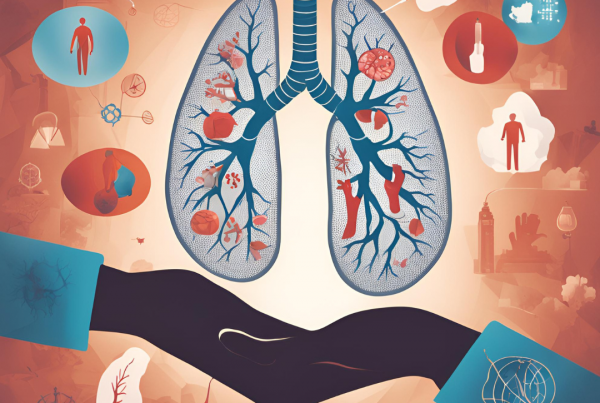Expressing love using the phrase “I love you with all my liver” is a more appropriate and accurate statement compared to the traditional “I love you with all my heart.” This is because the liver, which is the second largest organ in the body, plays a critical role in numerous essential bodily functions that contribute to overall health and well-being. In fact, the liver is approximately the size of a football and is located on the right side of the abdomen, nestled just under the rib cage. Therefore, when we declare our love with the phrase “I love you with all my liver,” we are acknowledging the significance of this vital organ in sustaining our physical health and emphasizing the depth and intensity of our affection for the recipient.
Here is why the liver is a live-r;
- Albumin Production: Albumin is a protein that keeps fluids in the blood vessels from leaking out into surrounding tissues. It also binds to and transports hormones, vitamins, and enzymes through the body.
- Bile Production: Bile is a fluid produced in the liver and stored in the gallbladder. it is critical to the digestion and absorption of fats in the gut.
- Detoxifies Blood: All the blood leaving the stomach and intestines has to pass through a special system called the hepatic portal system, prior to entering the bloodstream, where the liver removes toxins, byproducts, and other harmful substances from the digested food.
- Regulates protein synthesis: The production of amino acids which are the building blocks of proteins, depends on the liver as it makes sure the amino acid levels in the bloodstream remain within normal range.
- Promotes Blood Clotting: Blood clotting is done by special chemical substances called coagulants or clotting factors. These are synthesized using vitamin K, which can only be absorbed with the help of bile, produced in the liver.
- Resists Infections by detoxification and filtering blood.
- Stores Vitamins and Minerals: The liver stores significant amounts of vitamins A, D, E, K, and B12, as well as iron and copper.
- Regulates Glucose: The liver removes excess sugar from the bloodstream and stores it as glycogen and breaks down glycogen as needed, to release energy as glucose when the body demands for it.
The liver has an amazing ability to repair itself, but it can only stretch so much before it snaps. symptoms of liver disease are often discrete and progress slowly but warning signs can include a swollen abdomen, nausea, itching, loss of appetite or jaundice, which is yellowing of the sclera and skin. Some common liver problems include fatty liver, Hepatitis, Cirrhosis and cancers of the liver.
The good news is, the health of your liver mostly rests in your hands and most liver diseases are prevented with simple lifestyle modifications.
- Restrict Alcohol Consumption: Alcohol is metabolized in the liver. While the liver can tolerate moderate amounts of alcohol, excessive alcohol can damage hepatocytes. It is recommended to drink no more than 14 units of alcohol a week preferably spread over 3 days with giving your liver intermittent resting days.
- Exercise Regularly: obesity is a risk factor for Non- alcoholic fatty liver disease which can be avoided by exercising regularly and maintaining a healthy weight.
- Eat Healthy Foods: avoid high calorie meals, saturated fat, refined carbohydrates, raw or undercooked shellfish and sugars. For a well-balanced diet, add fresh fruits and vegetables to your diet along with good fats, dairy and proteins which are a treat for your liver. And last but not least, stay hydrated.
- Steer clear of toxins: toxins can damage liver cells. These can be day to day aerosol products, insecticides, chemicals, additives or illicit drugs like, cocaine and heroin, psychotherapeutics like tranquilizers, sedatives and painkillers used abusively .
- Practice Safe Sex: STDs like Hepatitis B and Hepatitis C can be avoided by healthy sexual practices.
- Get vaccinated: Appropriate vaccinations can protect you against hepatitis A and B, especially during foreign travel from diseases such as malaria and yellow fever.
The liver is a crucial organ in our body, and we are only blessed with one in our lifetime. It plays a vital role in performing several essential functions that are crucial to maintaining our overall health and well-being. However, if the liver fails, it can lead to chronic and unpleasant diseases that can severely impact the quality of our lives. In contrast, a healthy liver can serve us well throughout our entire life span.
Therefore, when it comes to the question of whether life is worth living, the state of our liver plays a crucial role in our answer. A healthy liver can ensure that we are free from chronic diseases, allowing us to live a long and fulfilling life. On the other hand, a diseased liver can significantly impact our quality of life, making it difficult to enjoy even the simplest of pleasures. Thus, it is essential to take good care of our liver by maintaining a healthy lifestyle and avoiding behaviors that can harm it.





